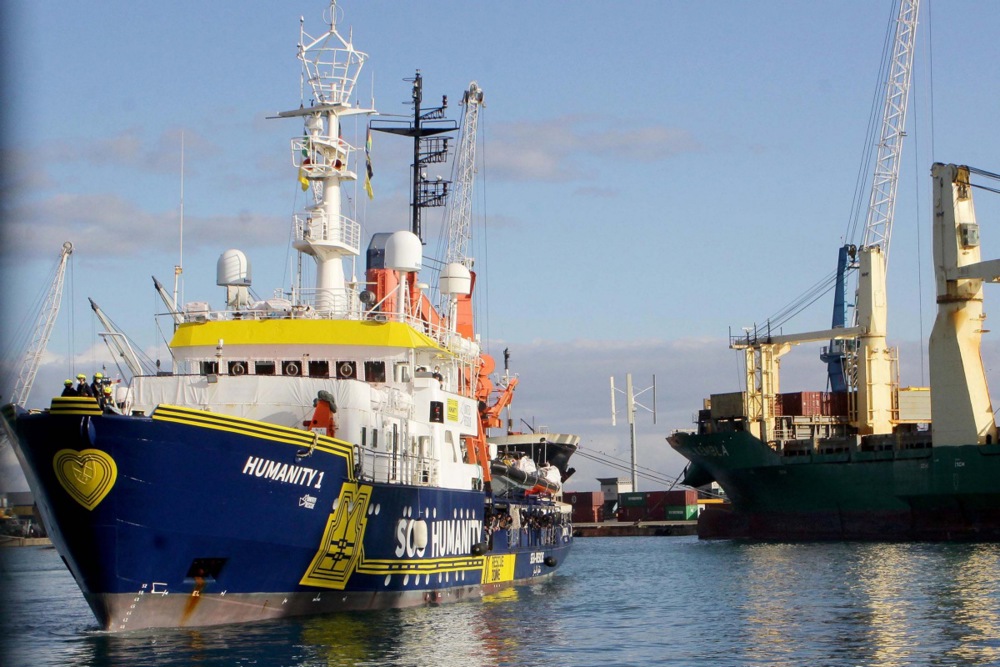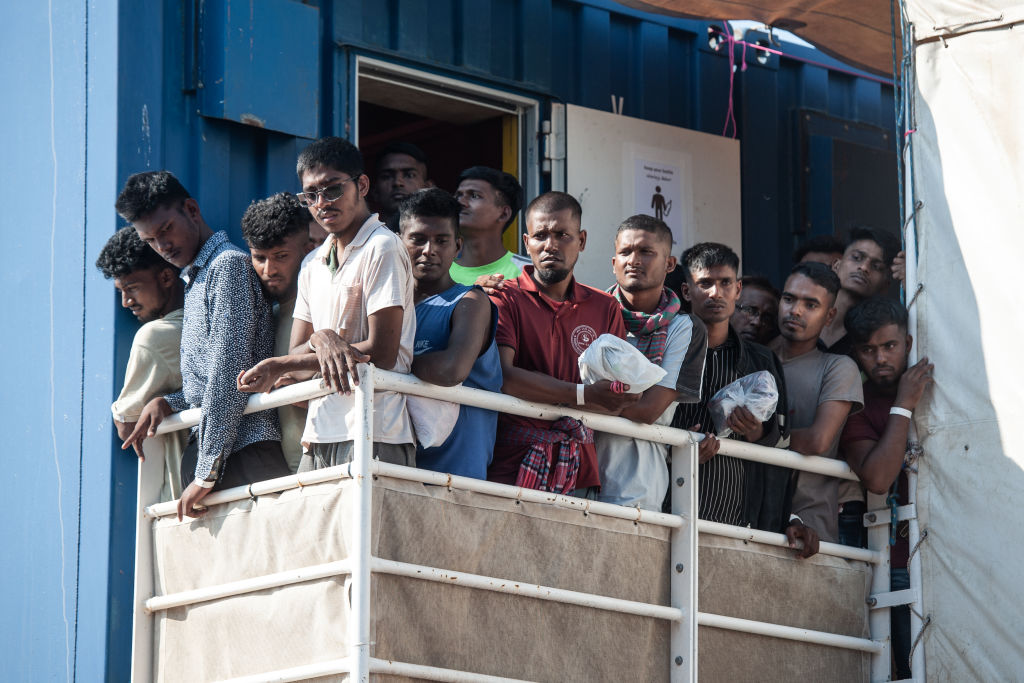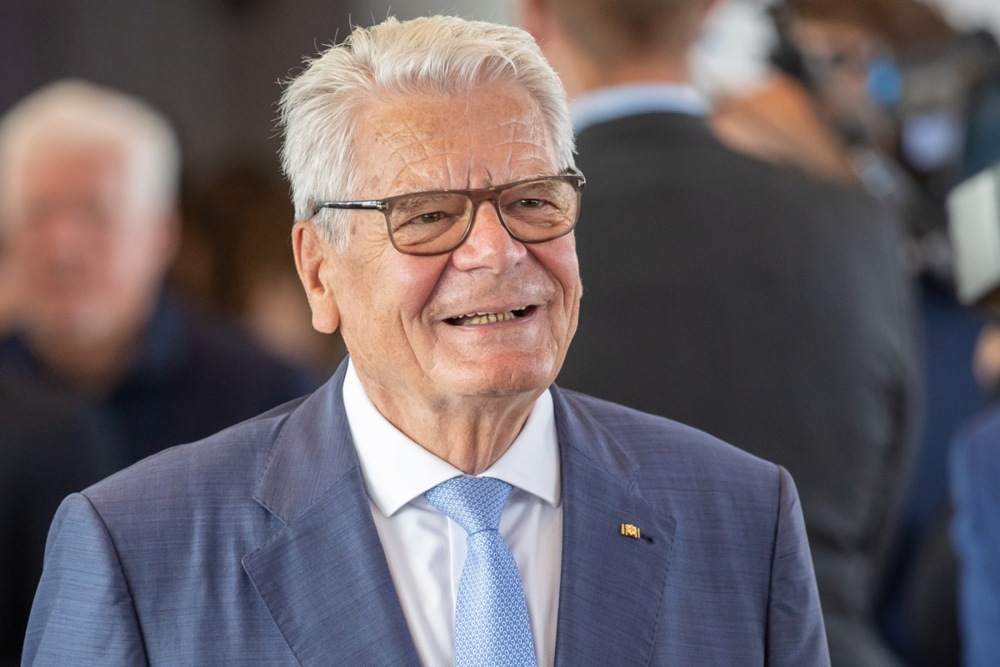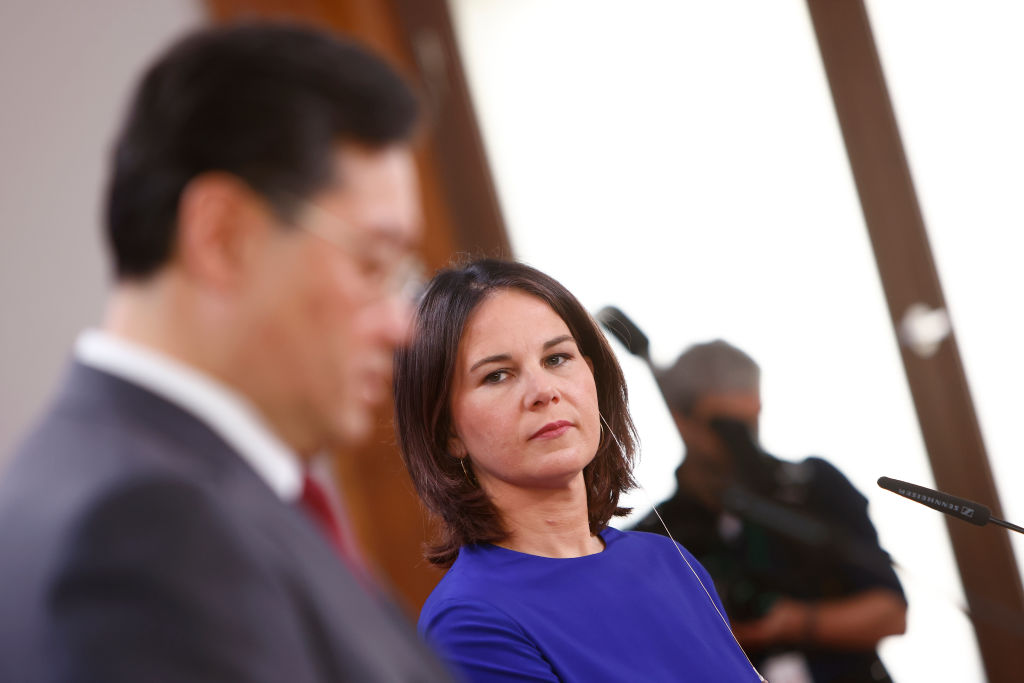Chancellor Olaf Scholz said Germany needed to start deporting migrants who do not have the right to stay in the country “on a large scale”.
The Socialist leader seems to have made the fight against illegal migration a new top priority for his government.
In an interview with German magazine Der Spiegel, Scholz made some strong remarks about migration.
“We must finally deport on a large scale those who have no right to stay in Germany,” he said, adding: “We must deport more and faster.”
Some, often Islamic migrants of Arabic descent, seem to be increasingly sympathetic regarding terrorists. Serious anti-Semitic incidents are also on the rise.
Scholz said Germany was standing on the side of Israel and no one in the country should applaud the Hamas attacks on the Jewish state. “Certainly not in a country whose history is inextricably linked to the Shoah,” he said in reference to the Holocaust.
The apparent growing backing for Hamas is further fuelling an already intense debate in Germany on immigrant arrivals, where the right-wing migration-sceptic AfD party is winning elections across the board, despite intensive campaigns against it.
Now Scholz is entering the migrant debate, insisting that “too many are coming”.
He added: “However, we will now make an even clearer distinction: on the one hand, it is about the immigration of workers, whom we need. And it is about people seeking asylum, for example, because they are politically persecuted.
This means, the chancellor said, “that those who do not belong to either group cannot stay with us. This is why we limit irregular migration to Germany.
“We are tightening border controls with our neighbouring countries, as we have just informed Brussels. We also aim to reduce incentives for irregular stays in our country,” he said.
“Those without a perspective for remaining in Germany, because they cannot claim protection reasons, must return.
“For this to happen, our authorities must be available 24/7, so we can carry out deportations when the federal police apprehend someone,” Scholz said.
“Furthermore, we need to push forward with the digitisation of immigration authorities, putting an end to the era of paperwork.
“Procedures need to be expedited by conducting asylum applications and interviews in initial reception facilities. Court proceedings also need to run more efficiently,” he said.
“In some federal states, the first instance in a deportation case takes four months, while in others, it takes 39. This is unacceptable. We need to deport more and do it faster.”
He also suggested working with other countries to have them take back people who had left for Germany. “In return, we will open regular pathways for the labour force we need to come to us.
“Many deportations have failed so far due to a lack of co-operation from the countries of origin and transit. We are changing that.”
Scholz denied he was taking a new line, claiming he had always had such an outlook.
Journalists were sceptical of that and many doubted if The Greens party agreed with him, but Scholz insisted the federal government was united on the issue.
He did add that the rising wave of retirements of the so-called “baby boomers” will increase the need for labour and that legal migration was required to deal with the consequences of that.
“They should not only work here but also live here, and integrate well, so that it becomes their urgent desire to become German citizens. In my opinion, this can be associated with some pathos, much like in the United States,” he said.
“Those who advocate for unlimited immigration must be honest and admit that we wouldn’t be able to maintain our welfare state as we have it today,” he concluded.
Germany received almost 1.2 million applications for asylum in 2015 and 2016, fuelled by the famous words of then-Chancellor Angela Merkel, “Wir schaffen das” or “We can handle this”.
The influx led to friction both within Germany and between European countries.
When Russia invaded Ukraine, another million migrants entered Germany. Over the same period, more than 200,000 applied for asylum. That all caused pressure on the social system and many feel it has fuelled the rise of right-wing parties in the country.





